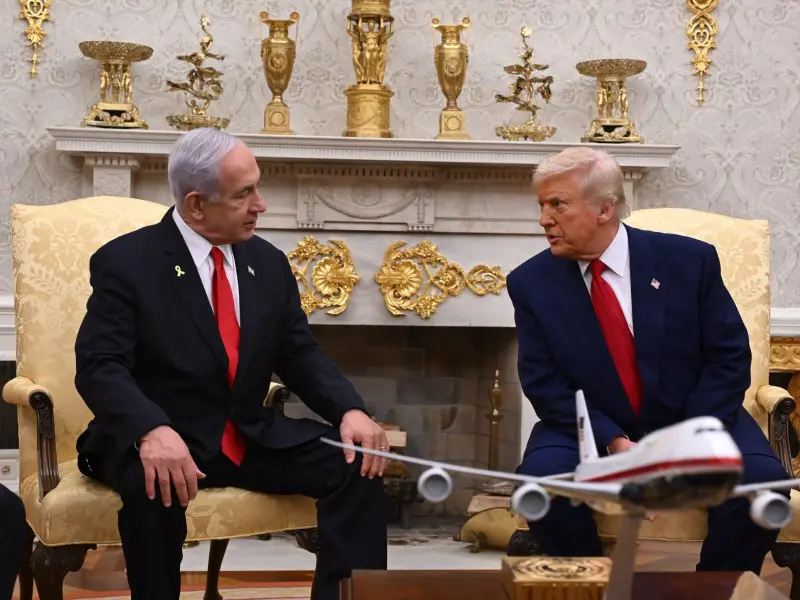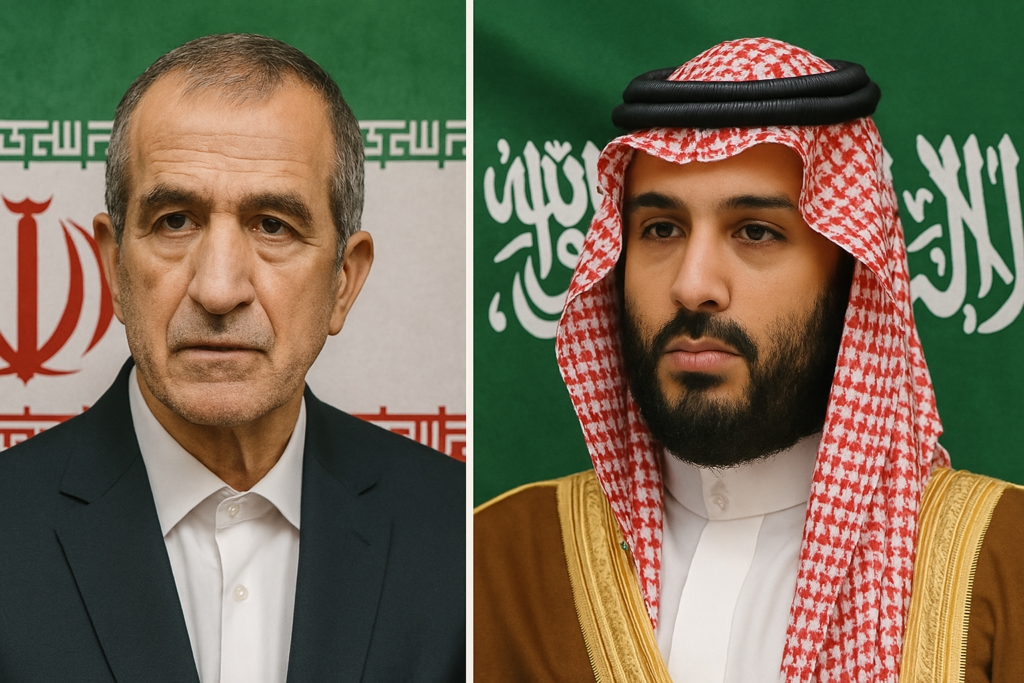United Nations officials labeled Israel’s assertion that Gaza is not experiencing famine as “ridiculous.” This rhetoric, which has been repeated by anti-Israel activists and legal bodies like the ICJ and ICC, is central to the growing effort to portray Israel as deliberately starving civilians during wartime. However, the facts paint a vastly different picture.
A False Narrative Weaponized in International Courts
The claim that Israel is starving Gaza has become the centerpiece of legal proceedings against the Jewish state. In South Africa’s genocide case at the International Court of Justice (ICJ), and in the ICC Prosecutor’s May 2024 request for arrest warrants against Israeli officials, the starvation narrative is presented as supposed evidence of war crimes.
Yet these accusations rest largely on unverifiable reports from Hamas-linked sources, flawed projections, and politicized UN claims—while ignoring mountains of logistical evidence showing that Israel has facilitated massive aid flows into Gaza, even during active combat.
Over 1.7 Million Tons of Aid Delivered
According to data from Israel’s Coordination of Government Activities in the Territories (COGAT), a staggering 1,774,459 tons of humanitarian aid has entered Gaza since the beginning of the war. This includes:
- 1,757,364 tons via land crossings in 90,949 trucks
- 7,385 tons via aerial route in 10,450 pallets
- 9,710 tons via maritime deliveries in 725 aid trucks
Additionally, during the hostage release agreement between January 19 and March 2, 2025, 25,200 aid trucks entered Gaza carrying 447,538 tons of supplies.
COGAT meticulously tracks all humanitarian deliveries by origin and entry route—whether through the Kerem Shalom crossing, via Jordan, maritime corridors, or aerial drops. Each truck is inspected on the Israeli side before being released to aid organizations inside Gaza. This transparent and verifiable process invalidates the claim that Israel is blocking aid access.
“These are not estimations or projections,” a COGAT spokesperson said. “These are hard numbers. Every shipment is logged, inspected, and transferred. If there’s a shortage, the world should ask Hamas why they’re hoarding aid, not Israel.”
World-Class Experts Debunk the Famine Accusation
Professor Aron Troen, a nutrition scientist at the Hebrew University of Jerusalem and a veteran of multiple global food policy bodies, dismissed claims of Israeli-induced famine as “grossly exaggerated.” He emphasized that food and health security are actively monitored and supported—even during conflict.
“Israel has facilitated food access at every stage of the war. The idea that Israel is starving Gaza is not supported by the data,” Troen said.
Professor Dorit Nitzan, a former senior official at the World Health Organization and now director at Ben Gurion University’s One Health and Resilience Research Center, echoed this view:
“There is a difference between food insecurity during wartime and the deliberate starvation of civilians. The latter accusation requires proof—and it simply doesn’t exist here.”
Hamas: The Real Blockade
While Israel is being demonized for defending itself, Hamas is the one actively blocking and stealing aid. Testimonies and footage show Hamas gunmen attacking aid convoys, looting UN warehouses, and selling donated food on the black market to civilians at inflated prices. Some aid has even been found stockpiled in Hamas military bases and underground tunnels.
Despite this, the UN has largely turned a blind eye, instead using its platform to deflect blame from Gaza’s rulers and scapegoat Israel.
Legal Experts Reject the ICC’s Logic
Barrister Natasha Hausdorff, an expert in international law and former clerk at Israel’s Supreme Court, criticized the legal absurdity of accusing Israel of starvation while it oversees one of the most heavily monitored aid operations in any modern conflict:
“A country that facilitates over 90,000 aid trucks during wartime cannot simultaneously be guilty of deliberately starving civilians. The ICC’s claim is not just false—it’s a legal farce.”
The United Nations’ accusation that Israel’s food aid claims are “ridiculous” is not only false—it is reckless and dangerous. It legitimizes a terror group that hoards food, hides among civilians, and refuses to release hostages, while punishing the only democracy in the region that upholds humanitarian values even under fire.
Israel is not starving Gaza. Israel is feeding Gaza, under fire, while being falsely accused of genocide.
If the world truly cared about the people of Gaza, it would start by holding Hamas accountable—not Israel.




